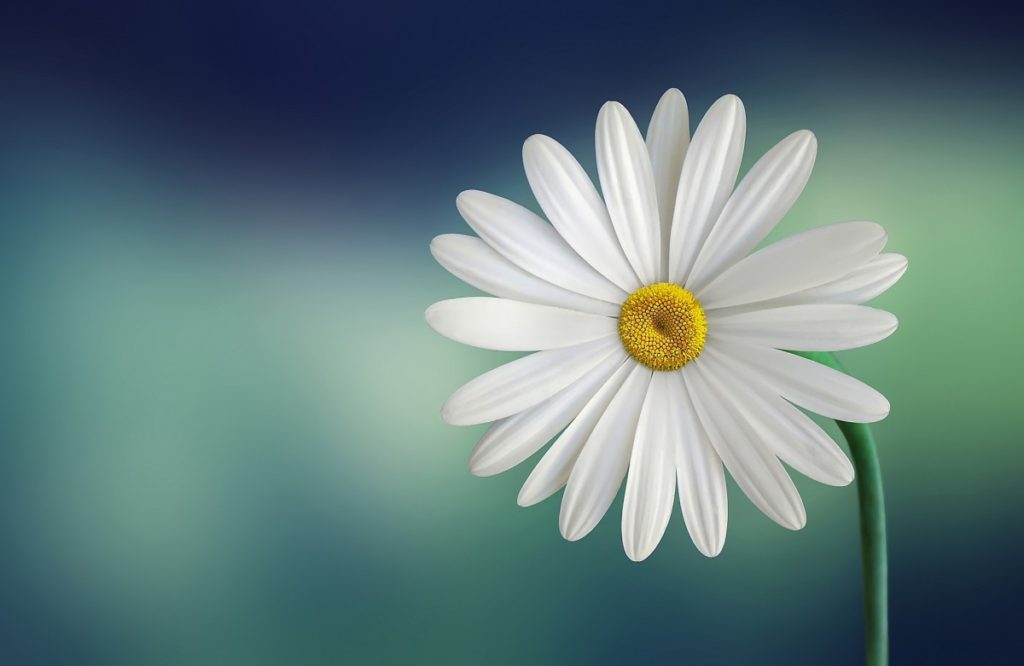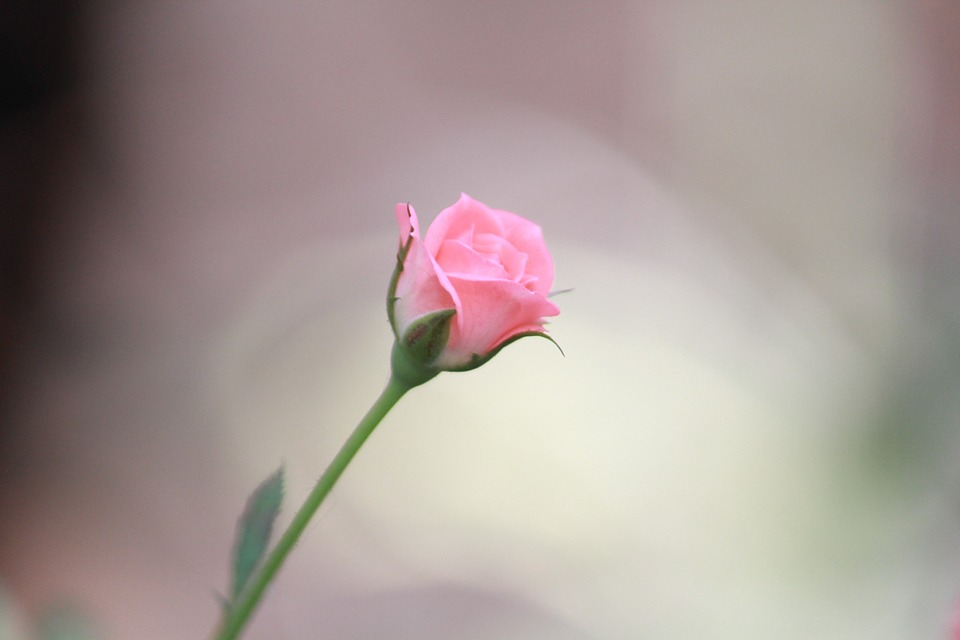The Flower 꽃
Written by Kim Chun-soo (김춘수, 1955).
Translated by David E. Shaffer.
Before I called out her name
she was
nothing more than a twitch.
When I called out her name
she came to me
and became a flower.
Just as I called out her name
someone please call out a name for me
befitting this hue and scent of mine.
To her I too want to go
and become her flower.
All of us
want to become something.
Me for you, you for me,
we all want to become an unforgettable twinkle.
내가 그의 이름을 불러 주기 전에는
그는 다만
하나의 몸짓에 지나지 않았다.
내가 그의 이름을 불러 주었을 때
그는 나에게로 와서
꽃이 되었다.
내가 그의 이름을 불러 준 것처럼
나의 이 빛깔과 향기에 알맞은
누가 나의 이름을 불러 다오.
그에게로 가서 나도
그의 꽃이 되고 싶다.
우리들은 모두
무엇이 되고 싶다.
너는 나에게 나는 너에게
잊혀지지 않는 하나의 눈짓이 되고 싶다.

The Poem and the Poet
Kim Chun-soo (1922-2004) was born in Chungmu (now Tong-yeong) in Gyeongsangnam-do. After graduating from Gyeonggi High School, he attended the Arts Department of Nihon University. Kim taught at Tong-yeong Middle School and Masan High School before obtaining professorships in the humanities at Kyungpook University and later at Yeungnam University. In 1981, he became a National Assemblyman, and in 1986, he became president of the Korean Poets’ Society. Kim debuted as a poet in 1946 with his collection Wings, and in 2004, he was awarded a special Sowol Literary Award for Poetry.
The poetry of Kim Chun-soo is often associated with the symbolism of Western poetry. The tendency of his symbolism, however, is revealed to be a search for poetry at its purest. Kim’s unending search began with Rilke-like supplications and an attraction towards the poetization of the absolute. In the supplications of his early poetry, we notice Kim’s transcendental tendencies, and due to the limitations placed upon humans, a transformation to the expression of excruciating pain evolves.
Grief and misfortune seem to be an unavoidable consequence of endless search for Kim. His pain, however, has been greater than that of many. Kim went to Japan for a college education. But at about the same time that fellow poet and activist Yun Dong-ju was imprisoned by the Japanese, Kim was also put into a Tokyo prison for his Korean independence activities. Kim was fortunate to survive (Yun did not).
In Kim’s later works, he deals with existentialism, and his skillful manipulation of the Korean language is quite evident. In his representative poem, “The Flower,” that which exists and that which does not is expressed from an existential perspective. Through the poet’s perceptive naming, that which is “nothing more than a twitch” is transformed from nothingness to something-ness.
The “flower” in this poem is not merely a colorful plant with a pleasing scent; it is a living presence, a consequential conception, a metaphor for a meaningful existence. However, before it had a name called out, before it had any relationship with “I,” the flower had no meaningful existence, at least from “I’s” viewpoint – it was but one of innumerable nameless objects. When it was named – whether it be as “flower,” “kkot (꽃),” or whatever – from that time forth, it had an existence, a meaningfulness.
Just as the flower has to be perceived in order to be, the “I,” too, yearns to be perceived. If “I” is not given a name, he cannot have any type of meaningful existence. This is why “I” longs to have his name called out. The requirements of his being mirror those of the flower. For there to be any extension, any meaningful representation, of an object, or for there to be any expansion and development of the self, there must first be an existence – not merely a “twitch” (momjit, 몸짓) but profoundly a “twinkle” (nunjit, 눈짓). In all of us, there exists this profound desire for a meaningful existence that will last into eternity.
The Author
Dr. David E. Shaffer is a long-time resident of Gwangju who has for many years held a professorship at Chosun University. He is now the board chair of the Gwangju International Center and editor-in-chief of the Gwangju News. He has written extensively on English teaching and learning, and has published books on Korean language, poetry, and traditional culture. Dr. Shaffer was also the 1994 top prize winner of the Korea Times Modern Korean Literature Translation Awards in the poetry division.





